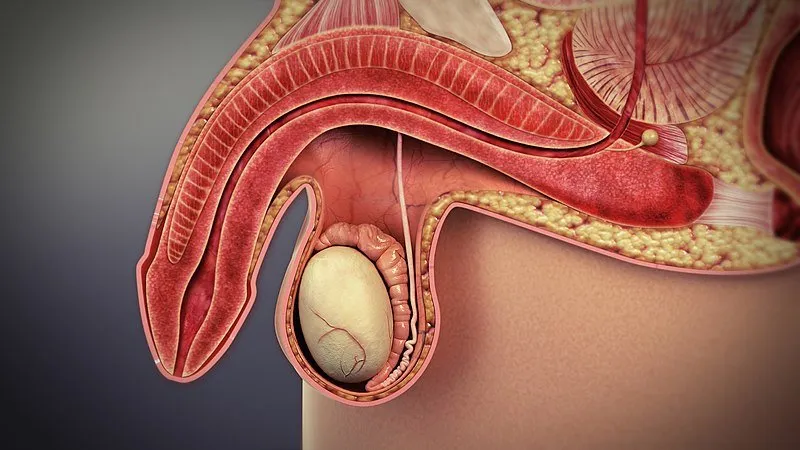Millions of men around the world experience difficulty getting or maintaining an erection, but very few talk about it. Erectile dysfunction (ED), sometimes referred to as impotence, affects physical confidence, self-esteem, and relationships. Yet experts say it’s often treatable and, in many cases, reversible.
If you’ve noticed changes in your sexual performance or confidence, health specialists recommend starting with honest self-reflection. Here are ten key questions to help you better understand what’s happening and when to seek help.
1. How often do I struggle to get or maintain an erection?
Occasional difficulty is normal, particularly during times of stress or fatigue. However, if the problem occurs regularly or persists for more than a few weeks, it may signal an underlying medical or psychological issue.
2. Do I still get morning or spontaneous erections?
Morning or nocturnal erections are a good sign that blood flow and nerve function are intact. If these are still happening, emotional or situational factors such as anxiety may be contributing more than physical causes.
3. How long have I noticed these changes?
A sudden onset may point to emotional stress, relationship strain, or medication side effects. Gradual changes often suggest vascular or hormonal issues that deserve medical attention.
4. Is my sexual desire the same as before?
Erectile dysfunction and loss of libido are not always the same thing. A drop in sexual desire might indicate hormonal imbalance, depression, or chronic fatigue rather than purely vascular issues.
5. Have I noticed physical changes in my penis?
Pain, curvature, or shrinkage could suggest Peyronie’s disease or reduced circulation — both treatable conditions that a urologist should assess.
6. Am I taking any medications that might affect performance?
Common prescriptions — including certain antidepressants, blood pressure drugs, and antihistamines — can interfere with erections. Never stop medication without consulting your doctor, but do discuss side effects openly.
7. What’s my relationship with alcohol, smoking, or recreational drugs?
Lifestyle choices are powerful. Tobacco restricts blood vessels, heavy drinking dulls nerve sensitivity, and some drugs can disrupt hormone levels — all major contributors to ED.
8. How am I managing stress and mental health?
Performance anxiety, depression, and relationship conflict can all impact sexual function. “The brain is the largest sex organ,” says Dr Ayo , a urologist at the National Men’s Health Institute. “If your mind isn’t calm, your body often follows.”
9. Do I have other health conditions like diabetes or high blood pressure?
Erectile dysfunction can be an early warning sign of cardiovascular disease. Poor blood flow — the same mechanism behind heart disease — also affects penile function.
10. How is my overall lifestyle: sleep, exercise, and nutrition?
Regular exercise, adequate rest, and a balanced diet improve circulation and hormone balance. Men who maintain a healthy weight and sleep pattern often see improved sexual performance and stamina.
When to See a Doctor
If erectile difficulties persist beyond a few weeks, or if they’re affecting your confidence or relationship, book an appointment with a healthcare professional. Doctors can run simple tests for hormone levels, blood pressure, and vascular health — and offer treatments ranging from medication to lifestyle coaching.
Erectile dysfunction is more common than most men admit, but it’s rarely permanent. Understanding your body, addressing stress, and adopting healthy habits are the first steps toward recovery. Most importantly, open conversation with a doctor or partner can transform not only your sexual health but your overall wellbeing.
Read Also:
Surgeon jailed for freezing own legs to claim £500,000 insurance fraud
Man with Three Penises Discovered in the UK



